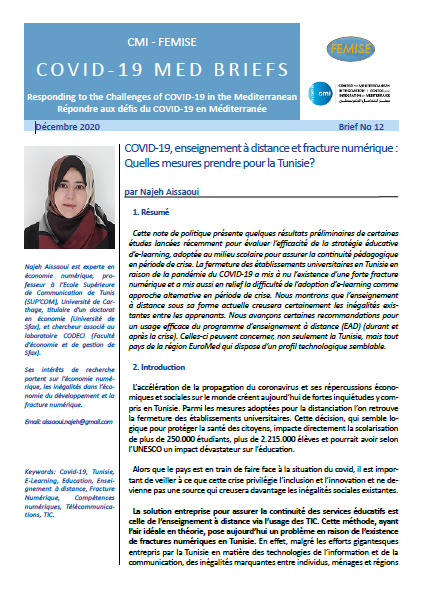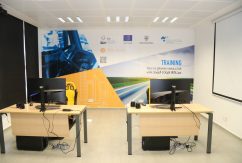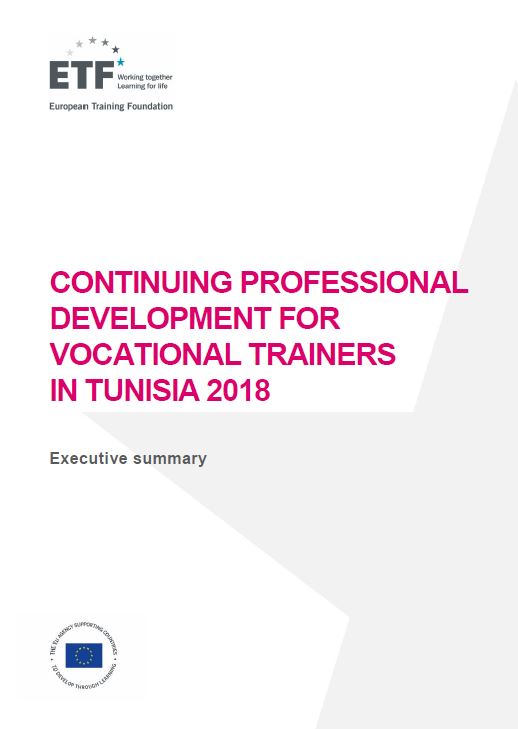CMI FEMISE COVID-19 MED BRIEF 12: COVID-19, distance education and the digital divide: What measures to be taken for Tunisia?


This policy brief presents some preliminary results of some studies recently launched to assess the effectiveness of the e-learning educational strategy adopted in educational systems to ensure pedagogical continuity in times of crisis. The closure of academic institutions in Tunisia due to the COVID-19 pandemic has exposed the existence of a strong digital divide and has also highlighted the difficulty of adopting e-learning as an alternative approach in times of crisis.
The author shows that distance education in its current form will certainly deepen the existing inequalities between learners.
Some recommendations are put forward for the effective use of distance education (EAD) (during and after the crisis). These may concern not only Tunisia, but any country in the EuroMed region that has a similar technological profile.
The recent coronavirus crisis threatens the health, economies and societies of all countries. In Southern and Eastern Mediterranean countries, the fight against the pandemic is even more complicated. Cooperation and EU-Med strategies in key sectors are needed. Therefore, the Center for Mediterranean Integration (CMI) and FEMISE join forces and launch their joint series of Policy Briefs called “COVID-19 MED BRIEFS” to pave the way for thematic analyses and policy relevant recommendations.





































